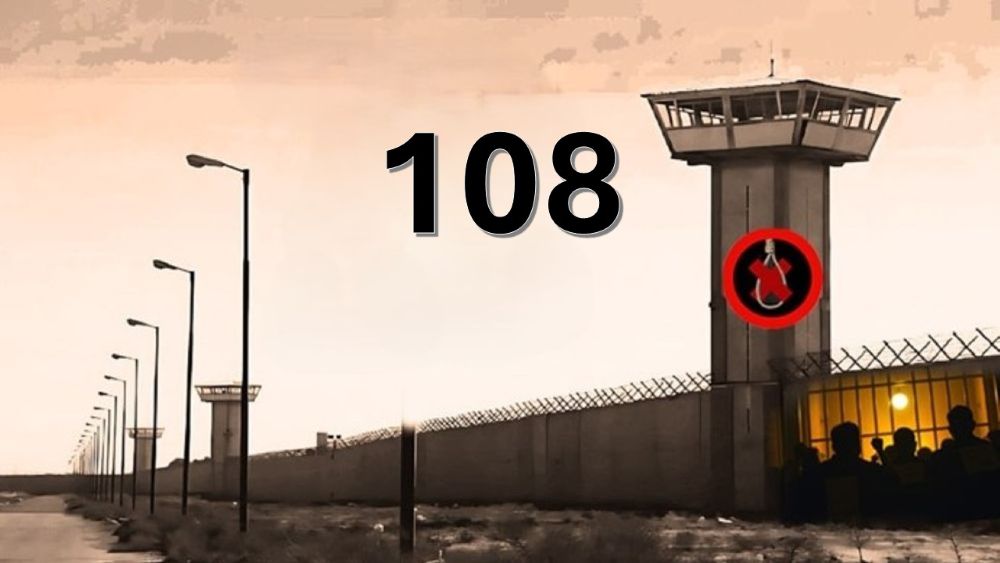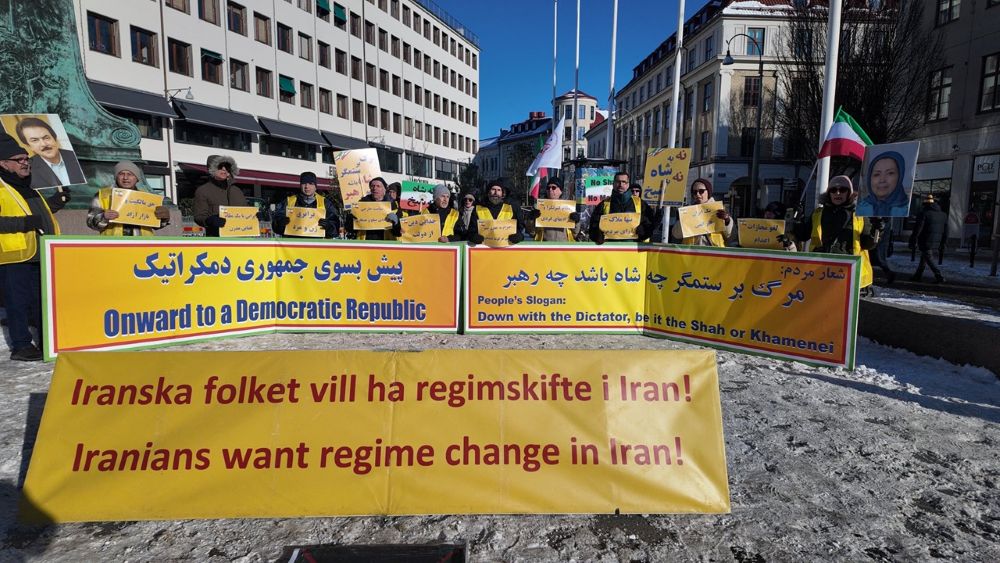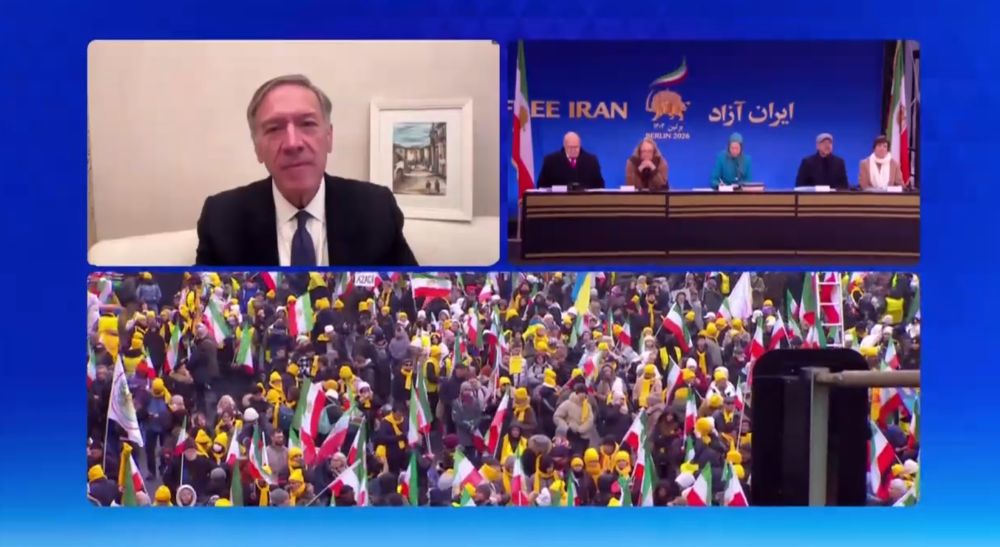More proof of cooperation between Iran, Al-Qaeda
It is a common misconception that since Iran’s theocratic establishment is Shiite, it will not cooperate with non-Shiite terrorist groups and militias. For example, some policy analysts, scholars and politicians continue to promote the argument that Tehran and Al-Qaeda are not natural allies due to their religious differences. Analyses that view the Iranian regime solely through the prism of religion are extremely simplistic.
Tehran pursues a sectarian agenda in the region, pitting Shiite against Sunni in order to divide and conquer. But the sectarian division between Sunni terrorist groups and the Iranian regime was never an issue for the latter as long as these groups shared common strategic and geopolitical interests with it.
Tehran has always been willing to shake hands with terrorist groups as long as they can help accomplish its revolutionary principles (such as anti-Americanism, anti-Semitism and opposition to Gulf states, primarily Saudi Arabia), destabilize the region and achieve its hegemonic ambitions.
Recently, a former spokesman for Iran’s Islamic Revolutionary Guard Corps (IRGC), Said Qasemi, surprisingly disclosed that Tehran sent agents to Bosnia and Herzegovina to train Al-Qaeda members. He added that Tehran’s operatives were hiding their identity by acting as humanitarian workers for Iran’s Red Crescent.
Last month, the IRGC was hit with sanctions as the US designated it a foreign terrorist organization. “The IRGC actively participates in, finances, and promotes terrorism as a tool of statecraft,” said US President Donald Trump. “The IRGC is the Iranian government’s primary means of directing and implementing its global terrorist campaign.”
Intriguingly, Iranian official Hossein Allahkaram, who is believed to be one of the operatives sent to Bosnia and Herzegovina, confirmed the accuracy of Qasemi’s statement, saying: “There used to be an Al-Qaeda branch in Bosnia and Herzegovina … They were connected to us in a number of ways. Even though they were training within their own base, when they engaged in weapons training they joined us in various activities.”
Tehran most likely continues to support Al-Qaeda in Iraq and other countries, with the goal of pushing out forces that are rivals to Iran.
Dr. Majid Rafizadeh
In late 2017, a trove of 470,000 documents released by the CIA revealed close ties between Tehran and Al-Qaeda. The late Al-Qaeda leader Osama bin Laden advised his followers to revere Tehran, and wrote that Iran was the “main artery for funds, personnel and communication” for the group.
For more sophisticated training, Al-Qaeda members traveled to Lebanon. According to the documents, Iran offered Al-Qaeda fighters “money and arms and everything they need, and offered them training in Hezbollah camps in Lebanon, in return for striking American interests in Saudi Arabia.” Most likely, three Iranian institutions have been instrumental in helping Al-Qaeda: The IRGC, its elite Quds Force and the Intelligence Ministry.
Iran was also implicated in the 9/11 terrorist attacks. Before the attacks, Tehran allowed Al-Qaeda operatives to cross through Iran without visas or passports. Robust evidence, including a US federal court ruling, found that “Iran furnished material and direct support for the 9/11 terrorists.”
Eight of the hijackers passed through Iran before coming to the US. Tehran provided funds, logistical support and ammunition to Al-Qaeda leaders, and sheltered several of them, in exchange for attacks on US interests.
Tehran most likely continues to support Al-Qaeda in Iraq and other countries, with the goal of pushing out forces that are rivals to Iran. This alliance clearly explains why Al-Qaeda has never attacked Iran.
As the Trump administration continues to impose maximum pressure on Iran, the latter may seek help from Al-Qaeda members in order to attack American bases, damage US national security interests, and scuttle the regional policy objectives of Washington and its allies.
Whenever the Iranian regime is under pressure, it reacts with the only modus operandi that it has been familiar with since 1979: Further defying international norms and laws, and pursuing more aggressive and confrontational policies. The international community must take appropriate and proactive measures to counter Tehran’s threats.
President International American Council,Businessman,@Harvard,TV Personality,Fmr Ambassador,Award Winning Scientist,CNN……….. [email protected]



